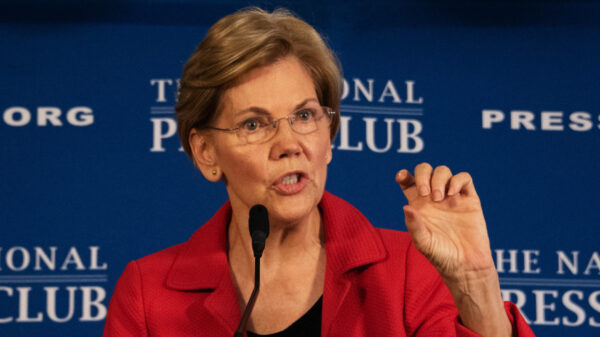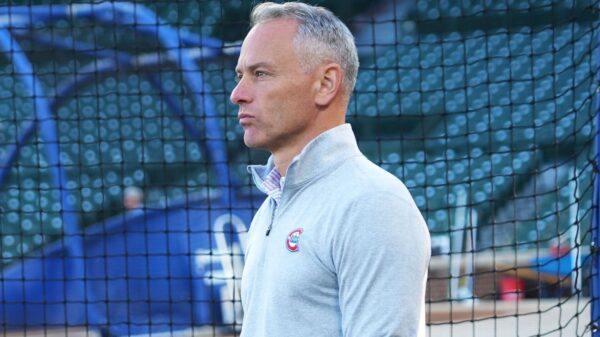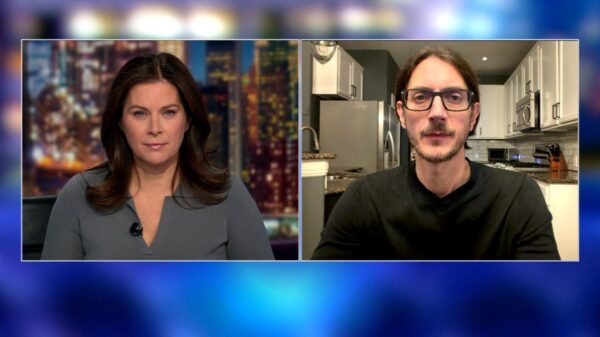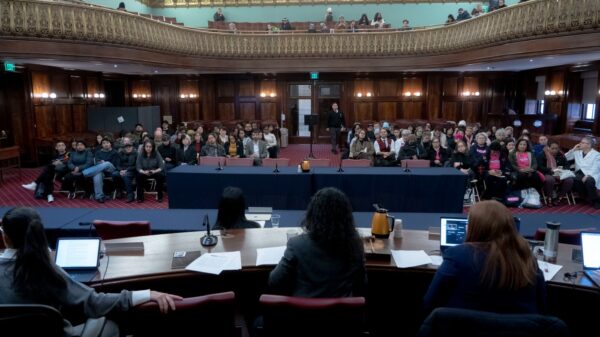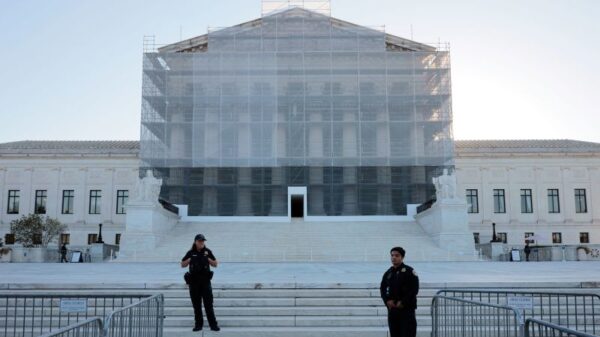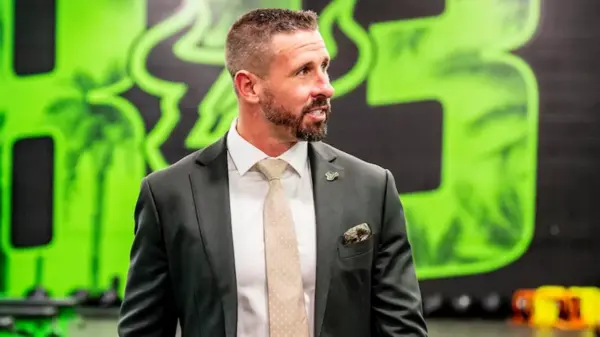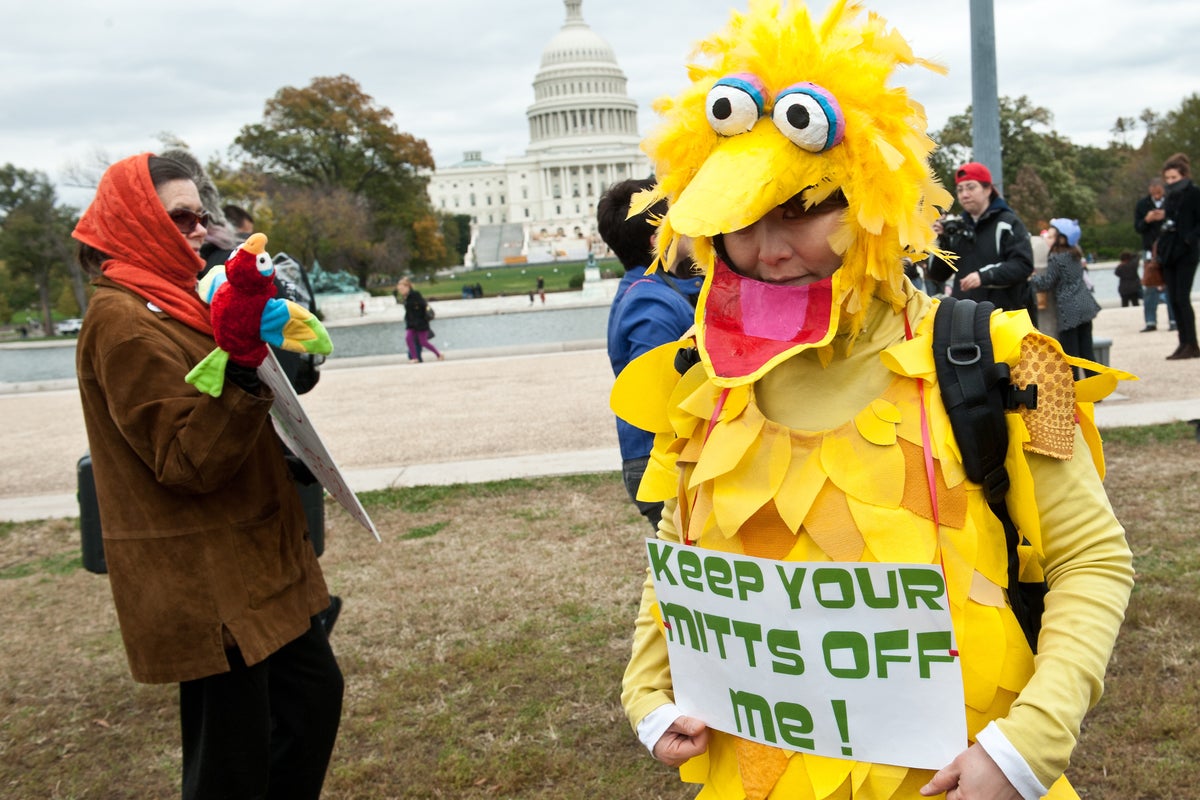URGENT UPDATE: The Corporation for Public Broadcasting (CPB) has announced it will cease operations following a major funding cut from the U.S. government. This shocking development, confirmed on September 29, 2023, comes after President Donald Trump signed a bill canceling approximately $1.1 billion allocated for public broadcasting.
With the end of federal support, CPB will terminate most staff positions by September 30, marking a devastating blow to public media across the nation. A small transition team will remain until January to manage the shutdown process.
This funding cut affects not just CPB but also PBS, NPR, and over 1,500 local radio and television stations that rely on these funds for essential programming, including beloved shows like Sesame Street and Finding Your Roots. Lawmakers, particularly from rural areas, express grave concerns about the impending impact, warning that many local stations could close their doors permanently.
For more than 50 years, CPB has played a crucial role in supporting educational content and emergency alerts related to natural disasters. The recent Senate Appropriations Committee decision to exclude funding for CPB represents a significant policy shift, essentially dismantling a cornerstone of American public broadcasting.
“Some stations will have to close,” warned a bipartisan group of lawmakers representing rural constituents. “The loss of funding will devastate our local public media.”
As of now, NPR’s president estimates that as many as 80 NPR stations could shut down within the next year. Mississippi Public Broadcasting has already announced it will eliminate a streaming service dedicated to children’s programming, while Maine’s public media system is bracing for a $2.5 million hit, which is about 12 percent of its budget.
Public broadcasters are particularly vital for rural populations, providing essential news and emergency alerts. For instance, in Kodiak, Alaska, local station KMXT anticipates a 22 percent reduction in its budget, severely affecting its ability to deliver crucial updates on natural disasters.
While big-name programs like Sesame Street might survive independently, the loss of CPB funding raises concerns about the accessibility of these shows, especially in areas lacking reliable internet connections. Historical data shows that children exposed to Sesame Street were significantly more likely to be on track in school compared to those without access.
The impact extends beyond children’s programming. Documentarian Ken Burns, known for acclaimed works like The Civil War, indicated that approximately 20 percent of his film budgets came from CPB grants. He expressed concern for projects that depend on CPB funding for up to 75 percent of their financial support, highlighting the looming crisis for independent creators.
Harvard’s Henry Louis Gates Jr., who created the hit series Finding Your Roots, emphasized the program’s role in fostering understanding across diverse backgrounds. “What has made America great is that we’re a nation of immigrants,” Gates remarked, stressing the urgent need for such narratives in today’s climate.
As public broadcasting faces this unprecedented crisis, the urgency for advocacy and support grows. The future of educational and cultural programming hangs in the balance, and the repercussions of these funding cuts will be felt nationwide.
What happens next remains to be seen. Advocates for public media urge citizens to voice their support for local stations and call on lawmakers to reconsider the funding cuts. With the deadline for operational changes looming, the fight for the future of public broadcasting is just beginning.


